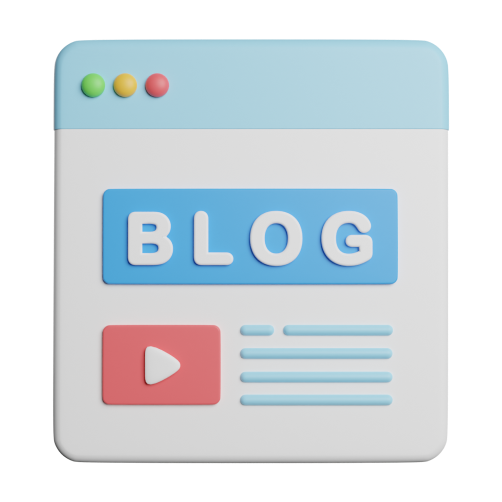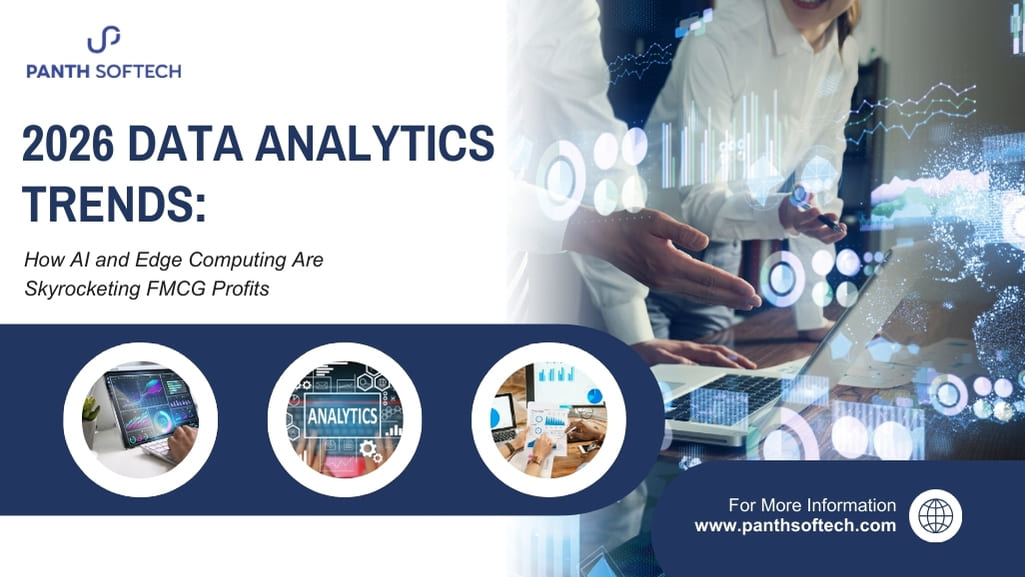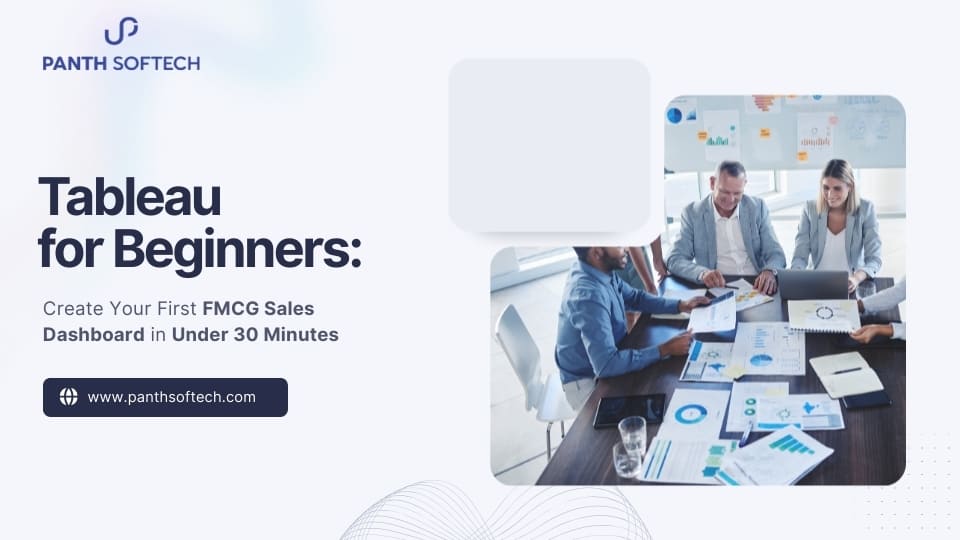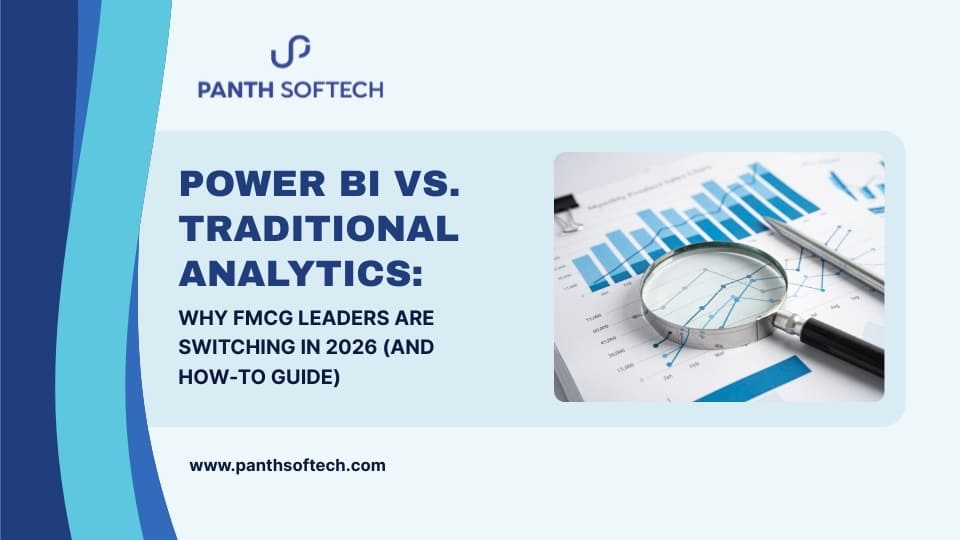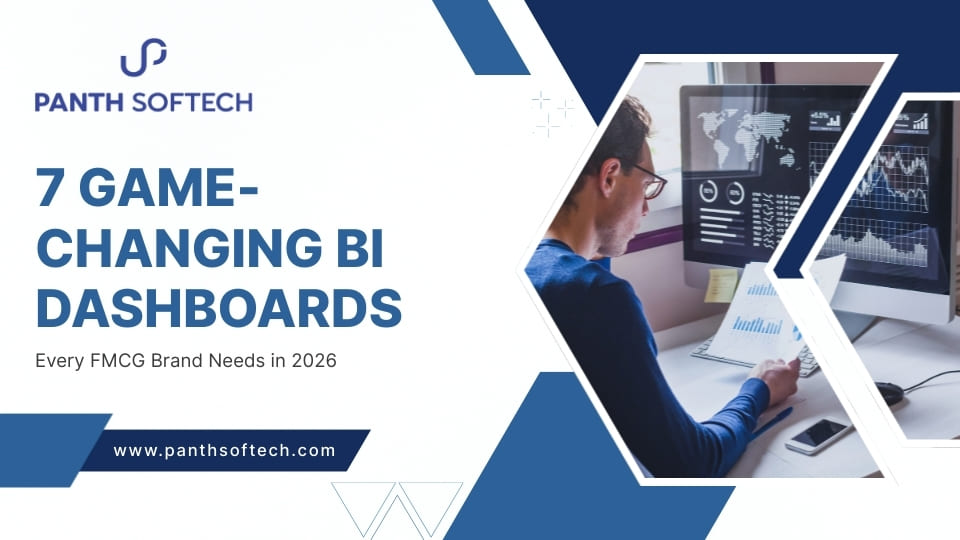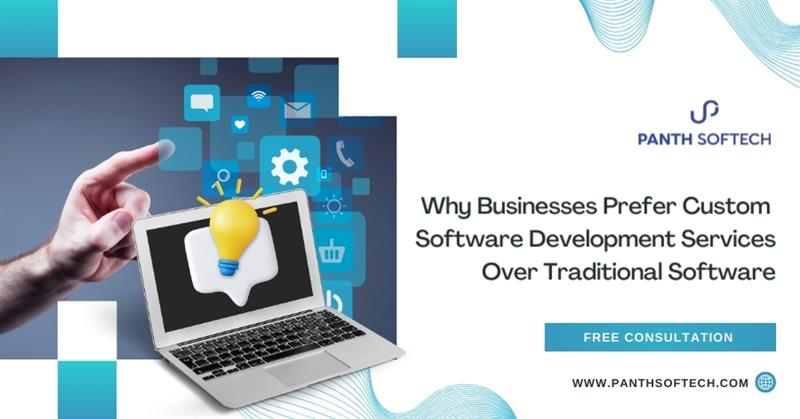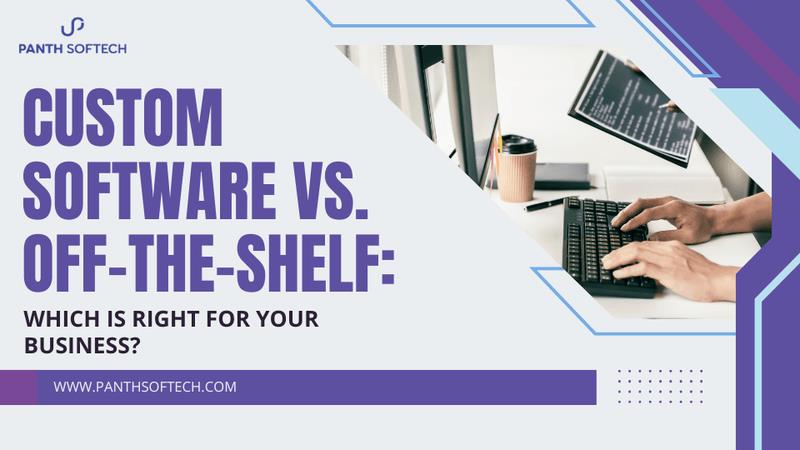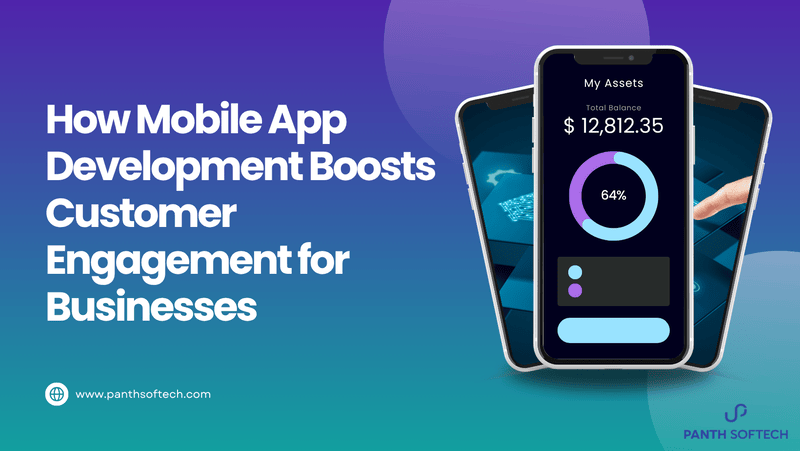2026 Data Analytics Trends: How AI and Edge Computing Are Skyrocketing FMCG Profits
The FMCG industry is changing fast. Companies now want quicker decisions, better demand predictions, and…
Tableau for Beginners: Create Your First FMCG Sales Dashboard in Under 30 Minutes
Building a dashboard doesn’t have to be complicated. In fact, with the right approach, anyone can…
Power BI vs. Traditional Analytics: Why FMCG Leaders Are Switching in 2026 (And How-To Guide)
The debate around Power BI vs Traditional Analytics has grown stronger than ever-especially in the FMCG…
7 Game-Changing BI Dashboards Every FMCG Brand Needs in 2026
In 2026, the FMCG world is moving faster than ever—shorter product lifecycles, unpredictable consumer behavior, aggressive…
Why Businesses Prefer Custom Software Development Services Over Traditional Software
In today’s fast-moving digital world, businesses are constantly looking for smarter, faster, and more efficient ways…
React vs Angular vs Vue: What’s Powering the Next Generation of Web Apps?
Front-end technology has become the foundation of every modern digital product, and choosing the right framework…
Custom Software vs. Off-the-Shelf: Which Is Right for Your Business?
Choosing the right software is one of the most important decisions a business can make. Whether…
Top Cloud Platforms for App Development: AWS, Azure, or Google Cloud?
Businesses need apps that are fast, secure, scalable, and easy to maintain. This is why most…
How Mobile App Development Boosts Customer Engagement for Businesses
Customers today expect quick access, personalized experiences, and smooth communication with the brands they trust. Mobile…
